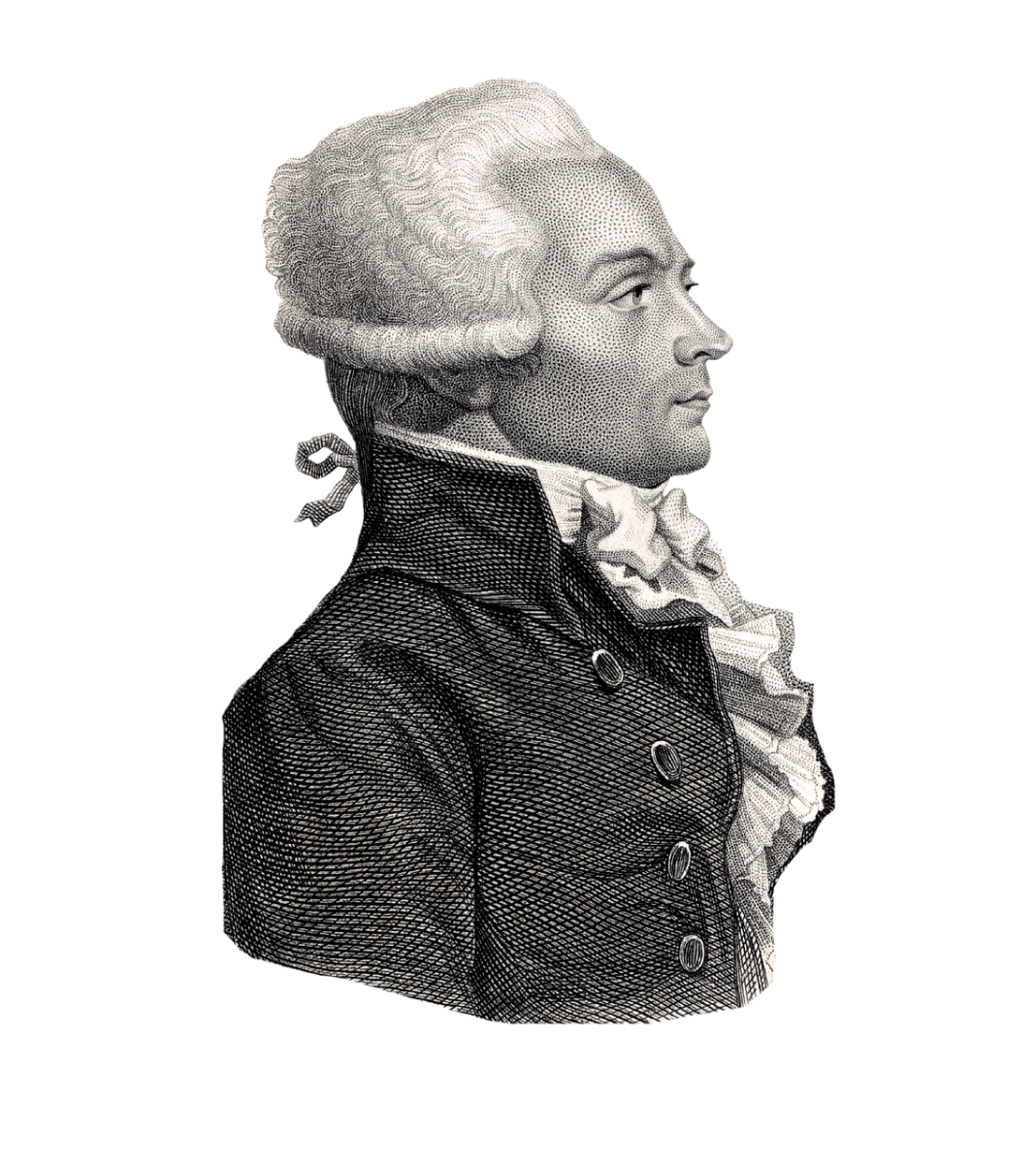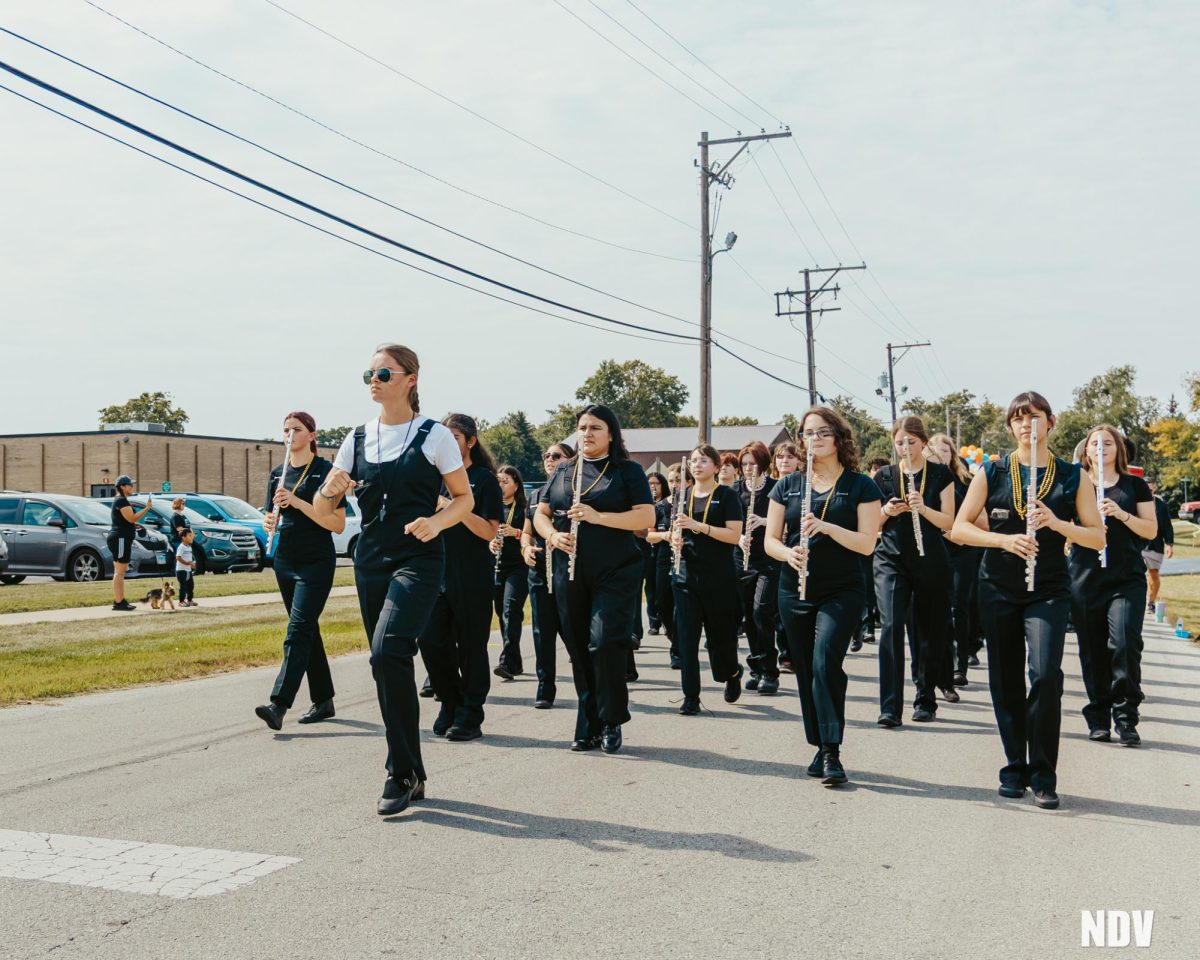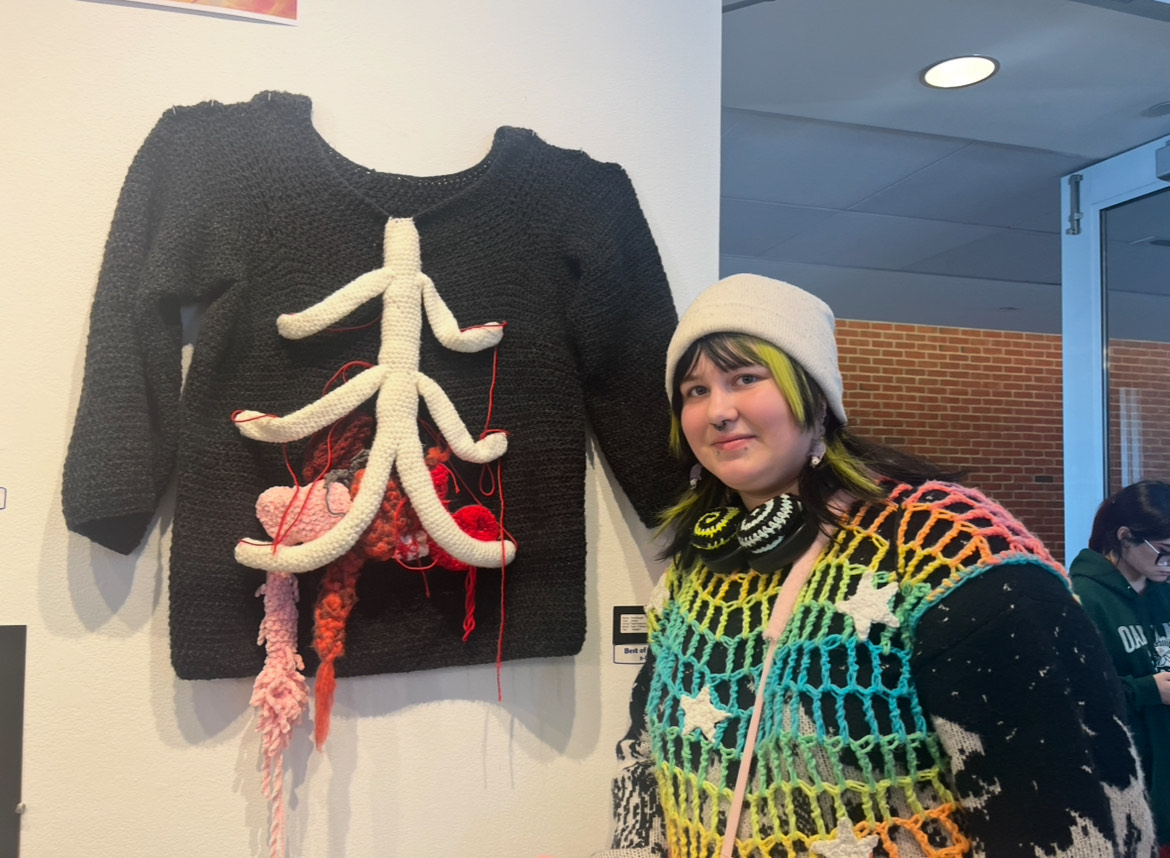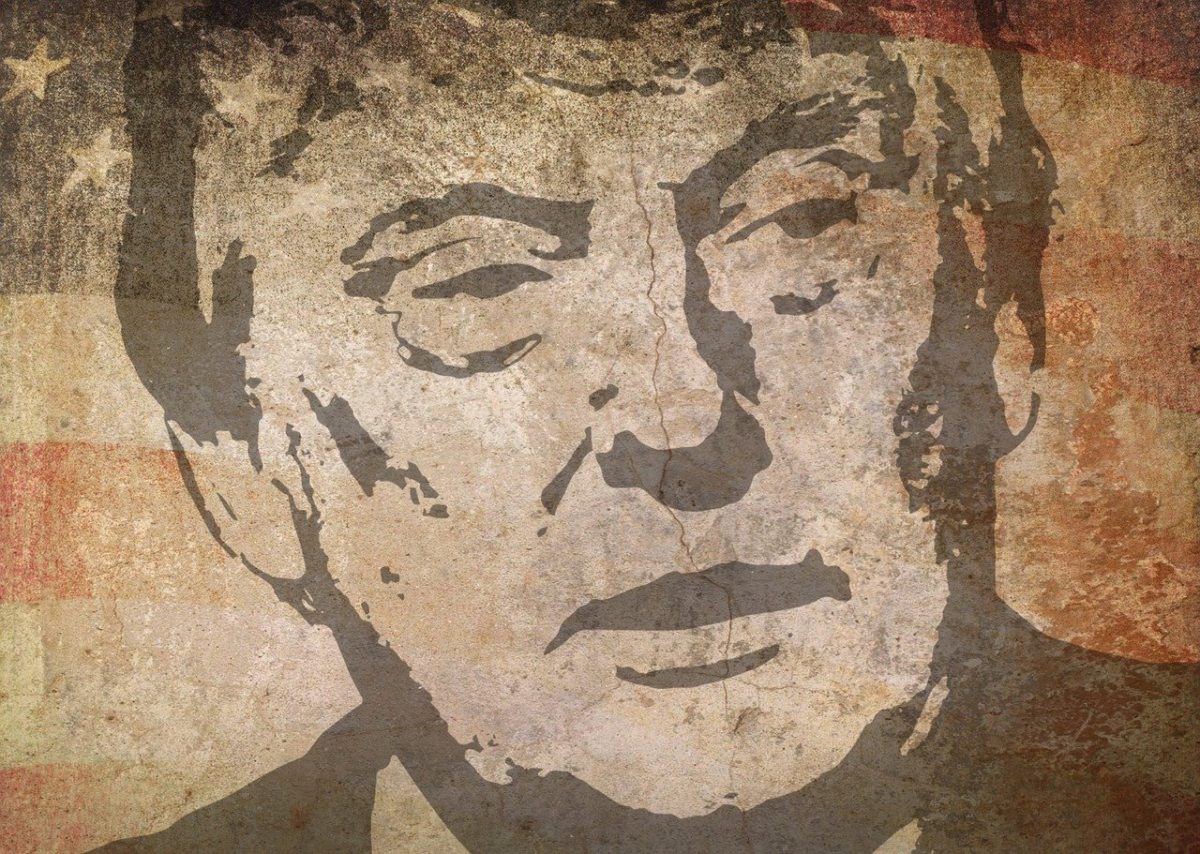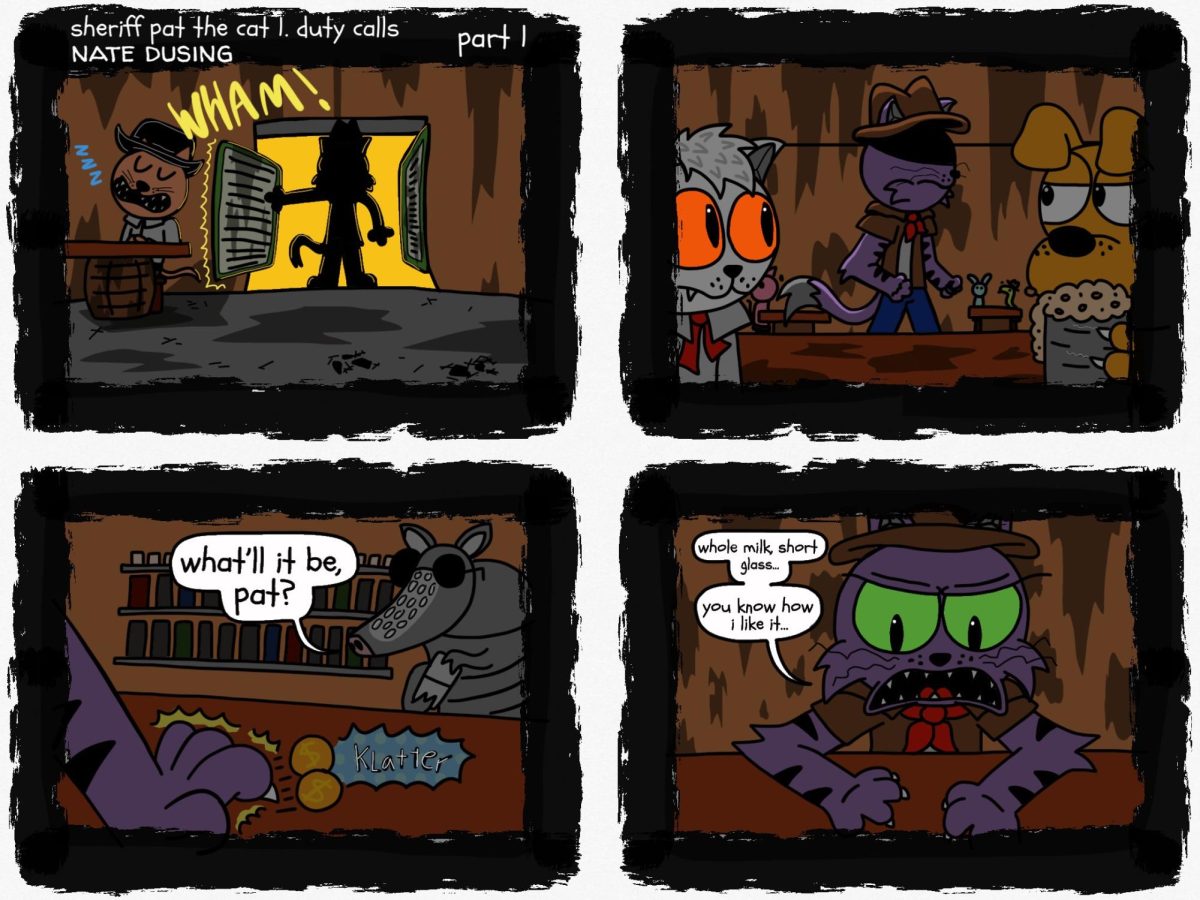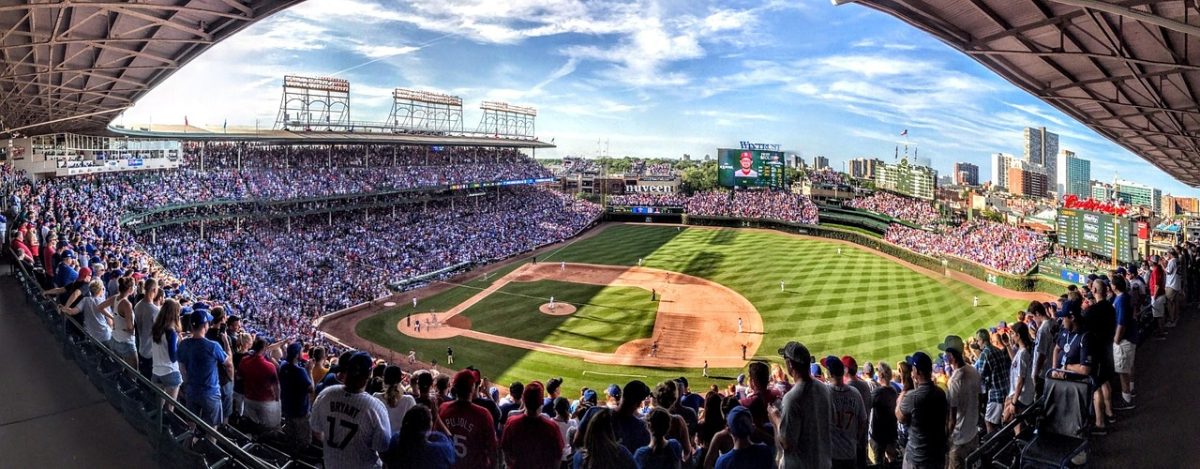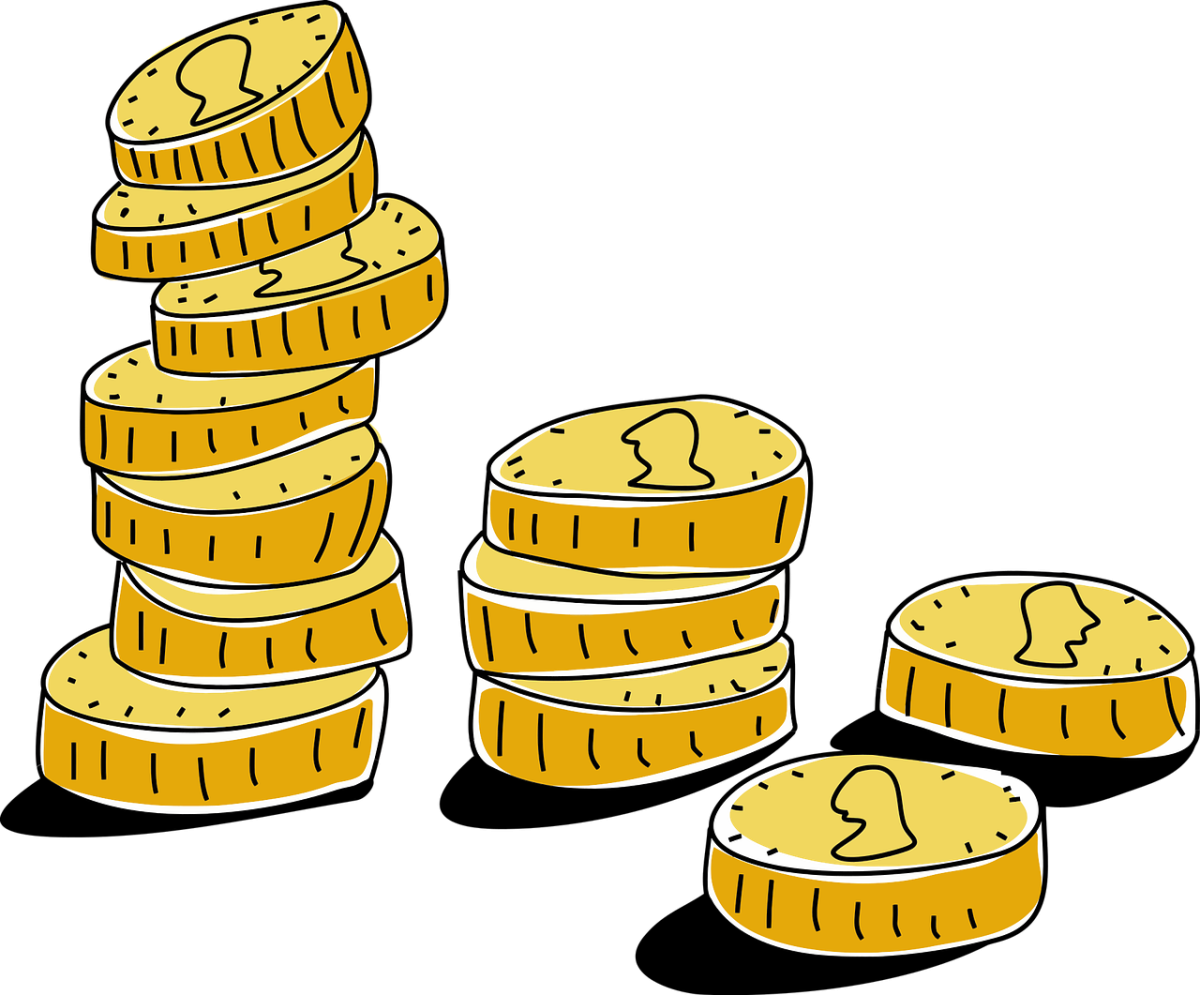The Jacobin government had a ton of problems: high food prices, war with nearly all of Europe, a civil war, and a crumbling economy. Behind the scenes, many people were skeptical of them, so they had to show results. First, they dealt with the problem of civil war, brutally killing their own civilians, committing the equivalent of modern-day war crimes, bombing houses, taking people’s kids and executing the adults. It even reached the point where the French people in Toulon invited the British to invade their city.
Robespierre, the Jacobin leader, eventually resolved this problem, sending a young general named Napoleon Bonaparte to lay siege the city, even though it would involve small skirmishes. Now the Jacobins moved to deal with the second problem: war with Prussia, Austria, Britain, and Spain, all of which were pro-monarchy and represented some form of traditionalism running contrary to the spirit of the Revolution. For Robespierre, Spain wasn’t a huge factor. The queen of France was Austrian-born, however, so Austria, which was a great power, became deeply involved. The Austrians sent a letter stating that they would burn Paris to the ground if the Jacobins did anything to the queen and the Catholic clergy. This led Robespierre to do exactly the opposite and kill all of them. But with the Austrians and Prussians approaching Paris, this could provoke its own reprisals.
The French had three fronts: two massive and expensive fronts protecting Paris and another, Napoleon’s command, to the south and badly underfunded. The two northern fronts faced major losses, but Napoleon expanded into modern-day Italy, using groundbreaking military tactics and forcing the Austrians to surrender. Prussia fell back, leaving Spain and Britain in the war. Spain, not being a major power by this time, agreed to peace, which effectively left Britain alone.
Robespierre had successfully defeated all of Europe and experienced a surge in popularity.
